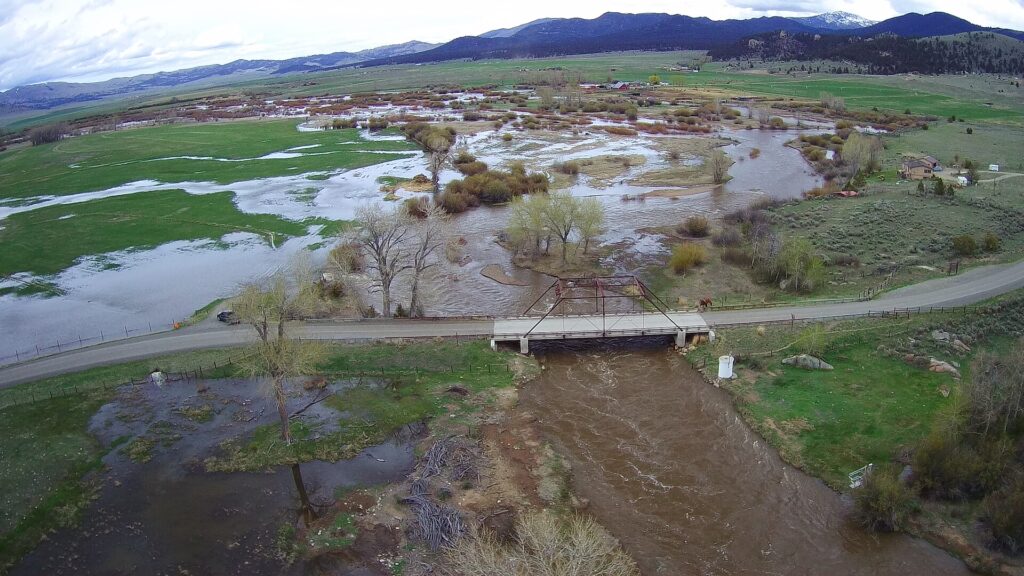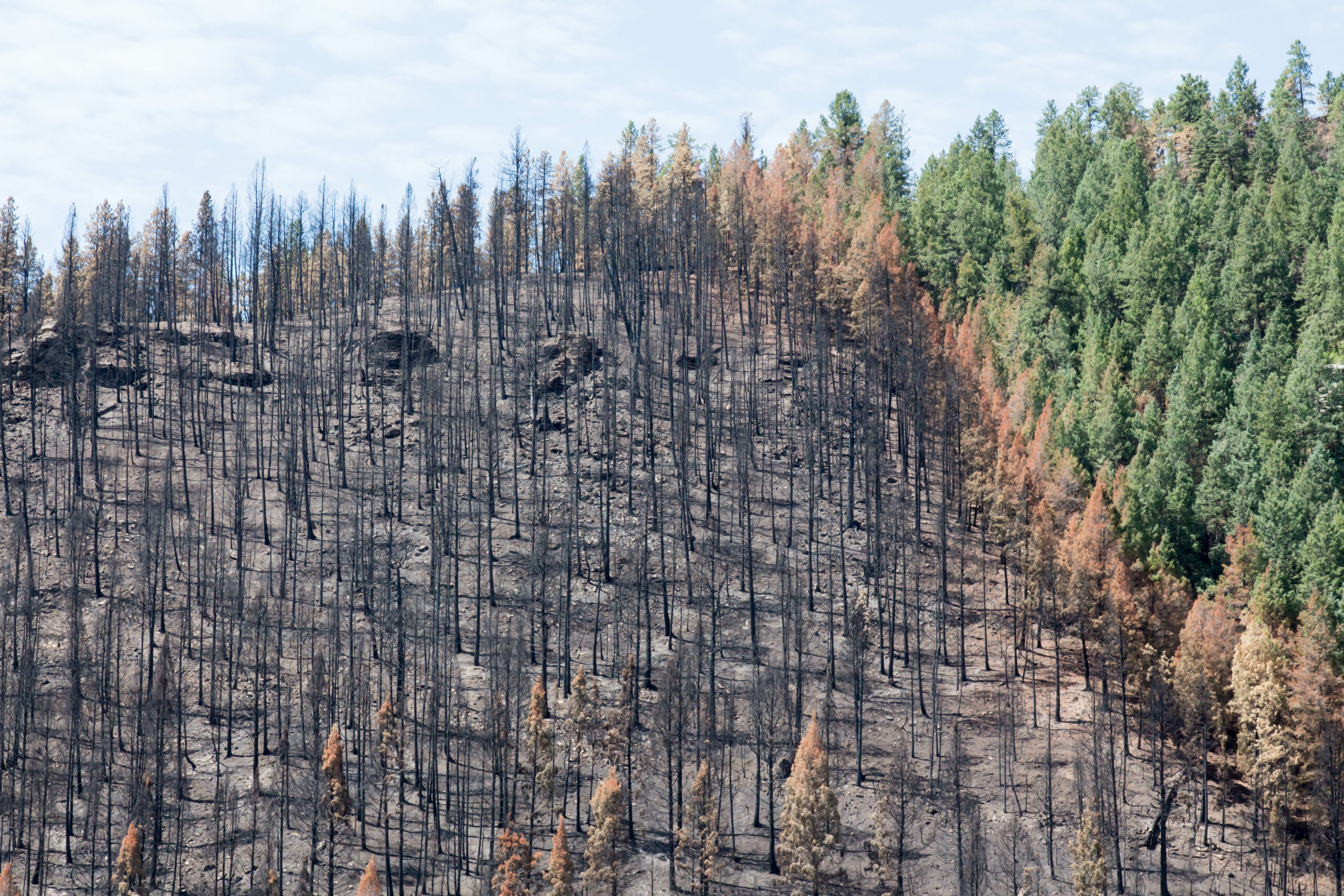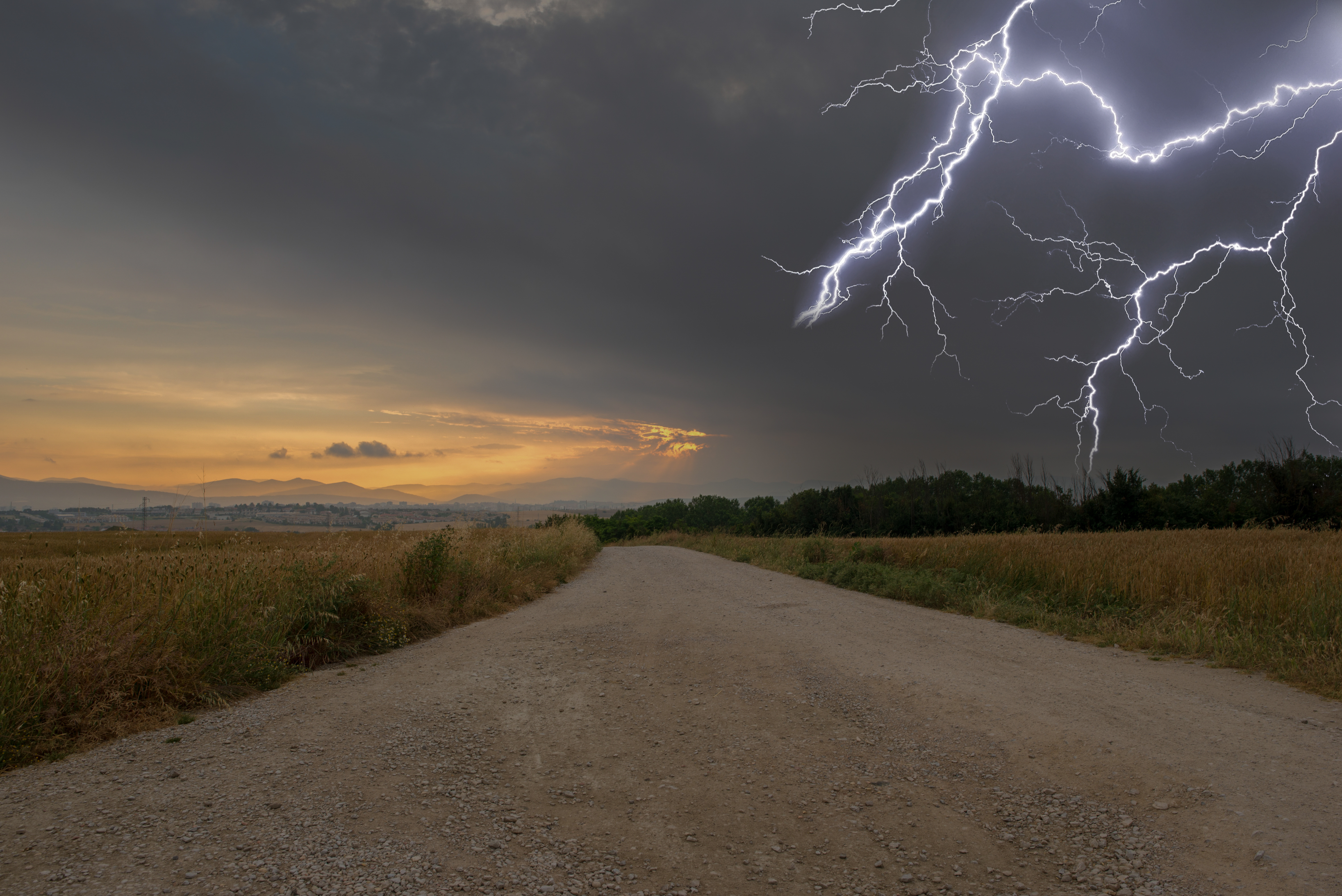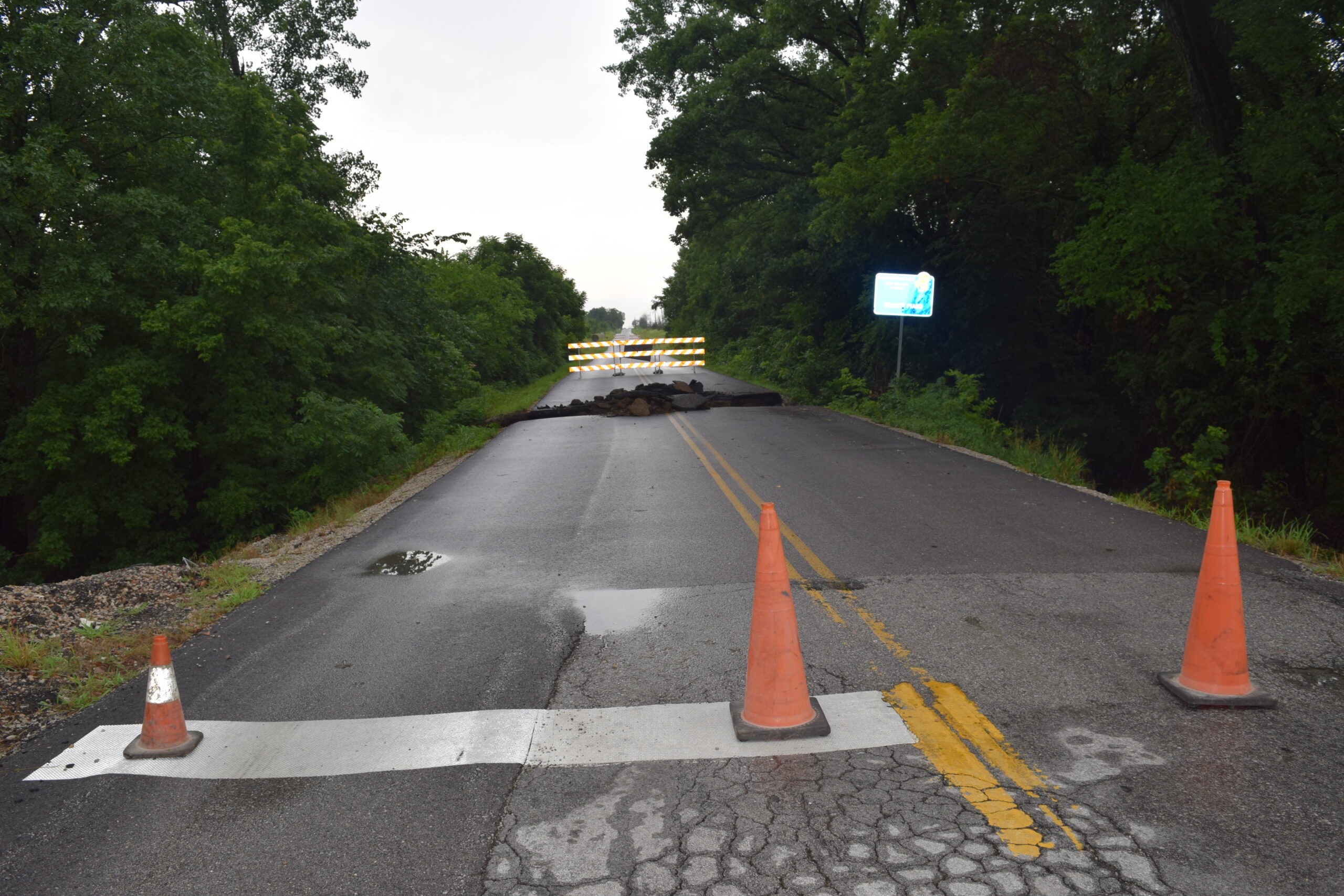Disaster and Emergency Services
Jefferson County’s Office of Emergency Management coordinates mitigation, preparedness, response, and recovery activities for all-hazard incidents within the jurisdiction to provide for life safety and to protect critical facilities and infrastructure.
Hazards
Jefferson County’s Pre-Disaster Mitigation Plan identifies the following hazards as the greatest threats to Jefferson County:
- Wildfire
- Hazardous Materials Incidents
- Severe Weather and Drought
- Flooding and Dam Failure
- Transportation Accidents
- Earthquake
- Terrorism, Violence, Civil Unrest
- Communicable Disease
What can YOU do to reduce your risk?
Hazard mitigation and preparedness is a shared responsibility between private citizens and local, state, and federal agencies. Jefferson County, the State of Montana, and the Federal Government all have plans in place in the event of an incident, but government plans are only one half of the required preparation. ALL citizens have a responsibility to themselves and their loved ones to mitigate and prepare for disasters and emergencies. Here are some critical steps you should take to protect yourself and your family:
- Mitigate: Take steps to reduce the impact of the most likely potential hazards.
- Plan: Create and maintain an emergency plan and know how to get emergency information.
- Prepare: Gather and maintain emergency supplies and practice your plan.
See the community resources section on the sidebar of this page to learn more about these steps.
In the event of a disaster or emergency (an incident), it is natural to feel a sense of panic, fear, nervousness or over excitement. Those feelings can be overcome by obtaining accurate information and following the plans you have developed and practiced. Those plans will also be critical in protecting yourself and your family. Jefferson County has a small but dedicated group of emergency responders that will do everything in their power to manage and resolve an incident, however all citizens need to take responsibility for their own pre-disaster preparedness, response actions, and recovery activities, and be prepared to take care of those around them.
When disaster strikes
If you are a witness to the onset of a disaster or emergency, immediately call 911 to report the incident. Jefferson County dispatch will send the appropriate response agencies depending upon the nature of the incident.
Gather accurate information about the incident and the actions you should take by utilizing Jefferson County’s official sources of information. These sources include the Sheriff’s Office Facebook page, the County’s low power FM radio stations (Jefferson County Radio), any messages sent via the Targeted Notification System or Wireless Emergency Alerts, and the National Weather Service’s Emergency Alert System. The County Emergency Operations Center may also activate a Public Inquiry Hotline to take phone calls with questions about the incident. The phone number for the Hotline will be made available through the methods outlined above if it is activated.
Next, implement your personal emergency plans as they pertain to the incident. It should be noted that there may be incidents that overwhelm initial response capabilities. Citizens, therefore, can and should evacuate themselves and help evacuate those around them prior to any official evacuation order if they are concerned about their own safety.
For at least the first operational period of many larger incidents (the first 12-24 hours), the situation can be quite turbulent. Assistance (mutual aid) from other agencies will likely be requested, and those resources take time to arrive. Depending upon the availability of mutual aid resources and the size of the incident, personnel and equipment may be streaming into the disaster or emergency area for several days. It is critical to keep roads leading to the incident clear of extra traffic. Citizens can support emergency response by staying clear of the impacted area and the roads around it. Citizens should also avoid passing on unverified information or rumors, as such activity could lead to poor decision-making by those who receive it. Lastly, donations of physical items, including food and water, should be avoided unless specifically requested by those managing the incident.
As time and resources allow, and depending upon the magnitude of the incident, public meetings may be held to provide information regarding the incident to all citizens. Notice of such meetings will be disseminated through the official sources listed in the second paragraph above.
If an evacuation has taken place, emergency officials will likely limit all entry (including re-entry) into the evacuated area until it is safe for citizens to return. Such an evacuation could last for an extended period. It is therefore important that all needed clothing, medication, pets and pet supplies, and other critical items be collected and removed during the initial evacuation if time allows. Shelter locations have been pre-designated throughout the County in partnership with the American Red Cross. In the event sheltering facilities are needed, information relating to those shelters will be distributed through the official sources listed in the second paragraph above, and any public meetings, if they are held.
Recovery
State and Federal assistance to private individuals and businesses is typically limited in nature and requires a substantial impact from an incident to an entire community before being approved. It is therefore important for citizens to include recovery considerations when they perform their pre-disaster planning. Information about any State or Federal assistance that is approved will be distributed through the official sources listed in the second paragraph above, and any public meetings, if they are held.
Community Resources
Mitigation
- Living with Fire (PDF)
- Ignition Resistant Construction (PDF)
- Hazardous Materials Incidents
- Severe Weather
- Drought
- Flooding
- Earthquake
- Terrorism
- Communicable Disease
Planning
Preparation
- Sign up for Emergency Notifications
- Follow the Jefferson County Sheriff on Facebook
- Know your local Jefferson County Radio station
- Verify your address and install reflective address markers so emergency responders can find your home
- Build a Kit
- Don’t practice until you get it right, practice until you can’t get it wrong!
Other Considerations
Get Involved!
County Plans
Contact
Doug Dodge
Office of Emergency Management
110 S Washington St
PO Box H
Boulder MT 59632
phone: (406) 225-4035
ddodge@jeffersoncounty-mt.gov




